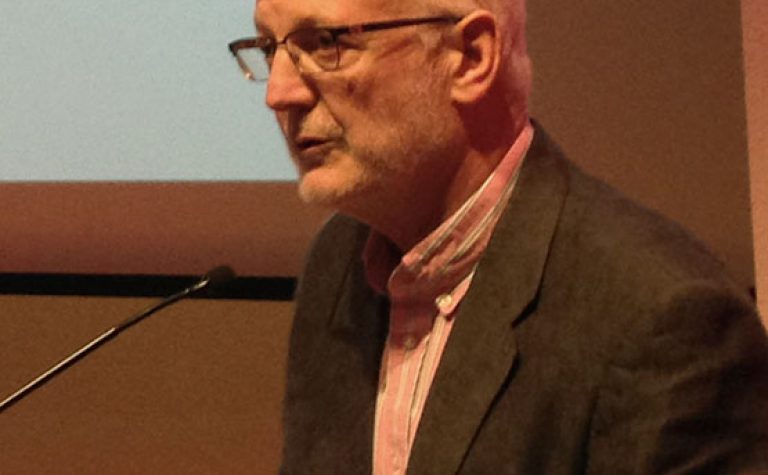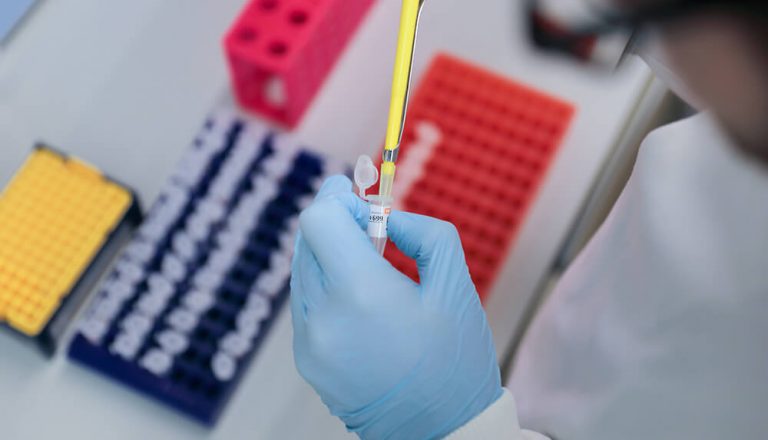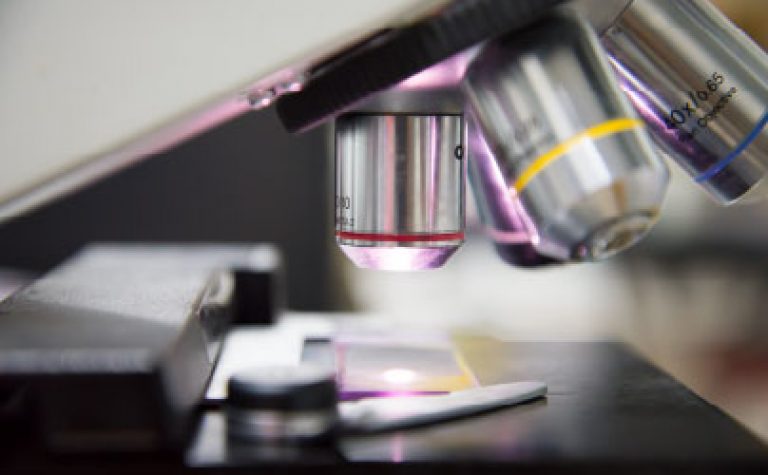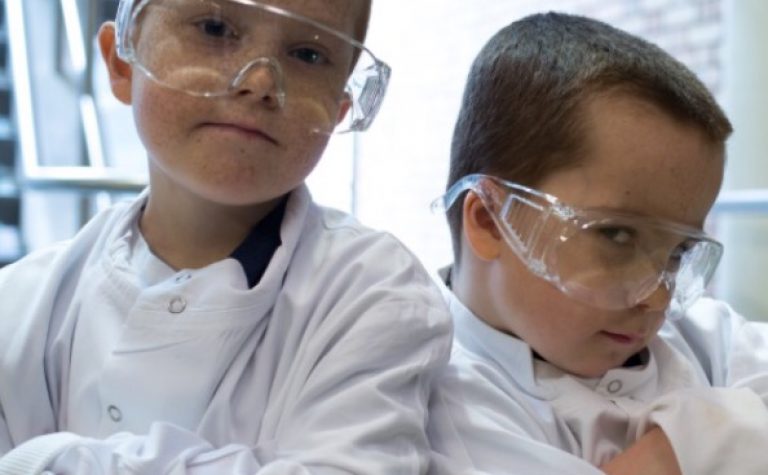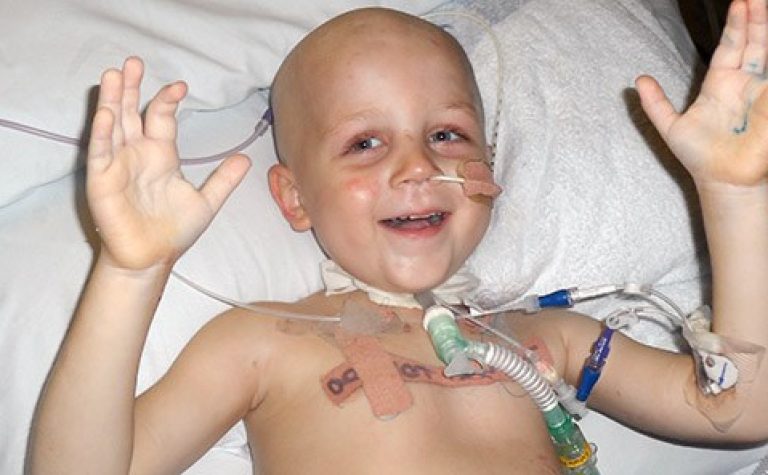Childhood brain tumours have remained difficult to treat, despite many advances in cancer treatments in recent years. One important reason for this is the blood-brain barrier (BBB). The BBB is intended to protect the brain, but, when intact and functional, this protection also prevents anti-cancer drugs from achieving effective concentrations in the brain tumour.
Doctors and scientists from hospitals and drug companies in the UK, Europe and US have recognised that in order to find new ways of getting vital drugs into brain tumours, they need to share and combine their knowledge and expertise within the area of childhood brain tumour drug delivery.
They found that a number of different people had experience in this area as part of childhood cancer care, but that they all needed to collaborate.
This project involves doctors and scientists from the Universities of Nottingham, Strathclyde and Newcastle, the Bristol Royal Hospital for Children, and UCL Institute of Child Health in the UK; Johns Hopkins University, and the National Cancer Institute in the US; VU University Medical Center, Amsterdam in the Netherlands; and Fast Track Pharma Limited and Macrophage Pharma Limited in the UK.
Their aim is to find new drug delivery systems which will physically bypass the BBB to deliver anti-cancer drugs to brain tumours, and save the lives of more children.
